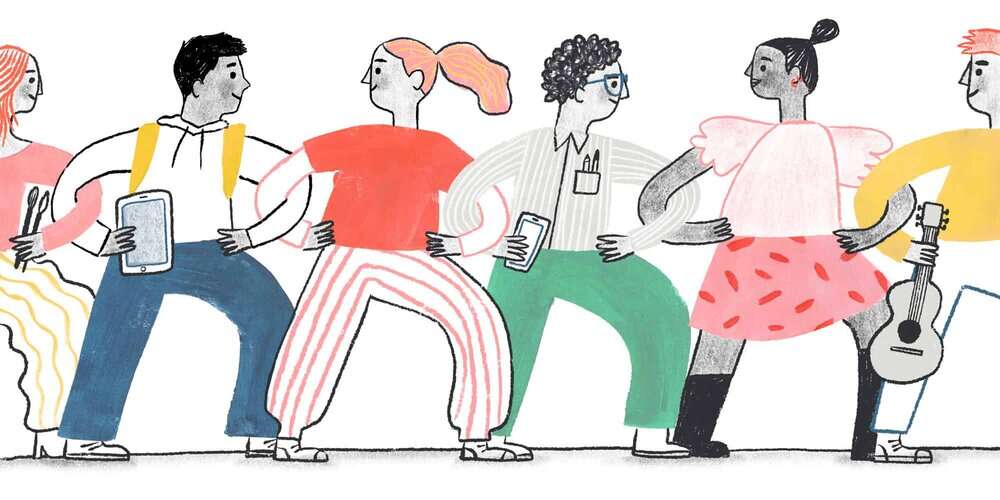Active Listening

Let body language and small sounds reflect your interest
Do this by nodding, mirroring feelings, or using a simple, “uh-huh” or “mm-hmm” now and then. Avoid unintentionally impatient or defensive body language, such as crossing your arms in front of you or tapping your foot or fingers.
Communication can be challenging. Practicing active listening can help, especially if a conversation is emotionally charged. Active listening involves showing that you’ve really heard what someone has said by reflecting back what you hear. Using active listening regularly — for small conversations and big ones — helps build trust.
Many of us didn’t grow up with active listening in our families or cultures. Practicing it may feel awkward. Try it, though, and see if it helps you connect and better understand one another.
Listen closely
Give your full attention to the young person. Turn toward them. Use respectful eye contact, if that’s comfortable for you both. Call a halt to tasks and distractions like glancing at your phone. If you can’t, explain why (for example, “I’m listening, but I need to watch my phone because your brother needs a ride home”) or schedule a different time to talk when you can give your full attention.
Let them talk
Just listen calmly. Try not to interrupt with questions or opinions. Hold off on judgments and snap decisions. Minimize any expressions that might reflect judgment (such as showing disapproval).
Express interest and empathy
- “That sounds really hard.”
- “Wow, that sounds great.”
- “I can hear how upset you are.”
- “I can see how much you want this to happen.”
- “I imagine I would feel the same way.”
Ask open-ended questions
- “What happened then?”
- “Did anything difficult happen today?”
Check your understanding
Summarize your understanding of what was shared. Echoing phrases or words they used helps to show you were listening. Ask: “Am I understanding you?” “Tell me more about why you want to/why this feels so important…”
Share your thoughts
Be respectful. You don’t have to agree with your teen to understand their perspective or concerns. This could be a time to Opens in a new tabproblem-solve together or Opens in a new tabnegotiate a solution, but you’ll want to make sure they feel you really understand their perspective before trying to do so.
— submitted by a Young Person
Other tools to support young people:
Giving Support
Learn how to be there for young people who may be struggling with their mental health.












